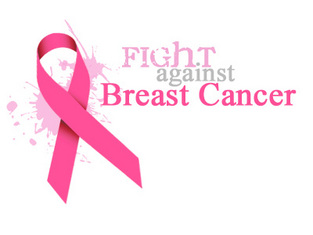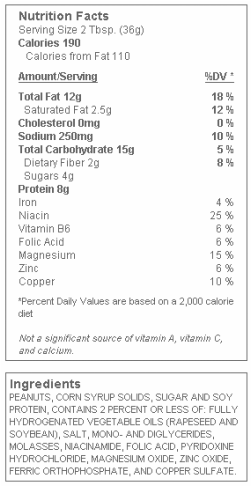When I was younger, a “healthy” place I remember visiting was my Aunt Pat’s. She wasn’t really my aunt: she was my mom’s best friend, and we all called her Aunt Pat. I remember dreading going to her house because they never had anything to drink—unless you counted unsweetened tea, Noni Juice, and water, which I didn’t. Her daughter Leah and I were best friends, even though she was two years younger than me. She would sneak me in her room and show me 16 ounce soda bottles. “I watered these down to preserve them,” she would say. They tasted horrible, but they were better than Noni juice. Aunt Pat, however, was the woman who helped to save my mother’s life.
As mentioned in the
raw footage of Sharon Winter’s interview, she was diagnosed with Hodgkin’s Lymphoma, or cancer of the lymph nodes and white blood cells (which are a part of the immune system). A more in depth explanation of the cancer can be found
here. My mom said that she could remember giving me a bath and throwing up in the toilet simultaneously. She was diagnosed with cancer the day after she had her son, but she did have the cancer while she was carrying my brother, David. (We are five years apart.) The doctors credit not being able to find her cancer sooner because her pregnancy symptoms masked the cancer symptoms—swelling in the lymph nodes, leg swelling, night sweats, and shortness of breath, among other things. When David was born, she fell extremely ill. She developed a high fever and was taken for an x-ray, because they thought she either had pneumonia or a collapsed lung because she was on 100% oxygen during the surgery. (She delivered David via C-section.) The X-ray showed that she had a growth, but a CT scan was required in order to determine the exact size and accurateness. From there, once she was discharged from the hospital, she had to schedule to meet with a surgeon to perform a thoracotomy to remove the tumor. The tumor was the size of a grapefruit and located next to her heart.
My mom mentions that she didn’t really get into buying organic and all natural foods until after she already had two surgeries—one to remove her spleen and part of her liver to do a biopsy. It was sometime after recovering from these surgeries, and the period between radiation, when she was told she needed to regain her strength that she started purchasing organic foods. She bought 25 pounds of carrots at a time per week, because she drank three or four glasses a day mixed with kyo green. She cut out sugar, processed foods, soda, and coffee. She used honey as a sweetener. She made her own bread, and she only brought organic and all natural foods into the house. I don’t remember any of this. However, my mom says that I used to tell her that my friends thought her food was weird. Everything looked different: the bread machines at that time only made round loafs, the ketchup was a different consistency, you had to stir the peanut butter because the oil rose to the top, and my friends didn’t like the hot dogs because they were tofu. Basically, no one ever wanted to eat over, she says.
Because I know that organic and natural foods helped to save my mother’s life—along with traditional methods and supplements—I am very pro-organic. Since my mom has been clear of her cancer, we haven’t brought much organic food home. She says that we stopped purchasing organic because it was so hard to find, it was more expensive, and the place we had to travel (a co-op) was far away. Now, though, we have been trying to purchase more organic. My mom says that she buys organic apples and whatever produce she can when it is fresh at the food store. I know that I definitely will start eating more all natural and organic foods, because I want to be the healthiest I can be. I know that cancer runs in the family, and I want to feed my body right to avoid this disease.
My mom has been considered "cured" for 12 years, or 5 years after her last test came back normal in 1994. She has had no further "positive" CT scans. I don't know what I would have done without her.

